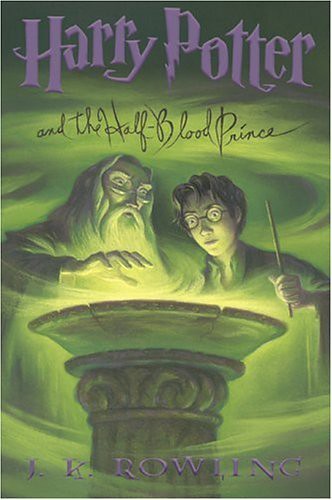
Easy as this book is to read, it can still pack a powerful punch. If that's what you're into.
Unlike Eggers' last injustice-laden non-fiction book,
What is the What, which at times feels almost preachy,
Zeitoun tries to be as simplistic and objective as possible. And, in large part, it is successful in this attempt.
The story goes something like this: Abdulrahman Zeitoun is a well-known and upstanding resident of New Orleans. He's got roughly 4 kids and a loving wife, Kathy. He was born in Syria. He is Muslim. When everybody flees New Orleans before Katrina hits, Zeitoun stays and his family goes. In the days after the storm, Zeitoun paddles around the flooded city in a canoe he bought several years beforehand, carrying out "God's work" by helping stranded dogs and trapped residents. But one day Zeitoun is arrested and sent to a maximum security prison under suspicions of looting and terrorism, both of which are very false. And yet he spends close to a month in prison, dehumanized and humiliated, while his family suffers not knowing where he is.
The objectivity of this story leaves me with two conflicting feelings. On one hand, this story makes me very angry. I found at times while reading that my heart would pound with frustration at the way this man was being treated and how many people were dealt with by enforcement agencies after the hurricane. One thought of the book that is constantly stressed is that the makeshift prison in the New Orleans greyhound station was built just days after the hurricane while people were struggling for survival. Instead of the enforcement agencies looking for survivors to help, they were building a prison. And the human rights violations - no phone calls, no reading of rights, etc. - told of in this prison and the maximum security prison told about later on, seemed unreal in a civilized country.
On the other hand, part of me wonders why Zeitoun didn't just leave New Orleans with his family to spare them this whole ordeal. Kathy, Zeitoun's wife, now suffers from post traumatic stress disorder. Zeitoun's children didn't know if he was alive or dead for 2 weeks. Was it really worth it, knowing the risks? Zeitoun felt as though he was meant to stay behind in New Orleans to conduct God's work, as though he were an angel. And yet it seems to me the most valuable work he could have done was to make sure he and his family were safe. But he didn't.
So I am torn between these two viewpoints, though I take from this story more of the first one than the second. Maybe the real purpose of his stay in New Orleans, if it was God's plan, was to have this book published to enlighten us all on the unjust and anger-inducing actions of our government's enforcement agencies in the midst of chaos. How nobody seemed to have a clue. Or to show us that it is always best to stick with family. Or that, even in the United States in 2005, it is possible for society to break down and martial law to take over. Or maybe Zeitoun was just in the wrong place at the wrong time.
This book is simple, but there is much to take away from it. I know I'll be thinking about it and dissecting it for awhile. It should be read.
 Cass Devine is angry. Angry that her father forced her to join the military instead of going to Yale when he spent her college savings on his software startup. Angry that Senator Randy Jepperson drove her into a Bosnian minefield and ruined her military career. And especially angry that the government had just passed legislation increasing the social security tax 30% to pay for all of the baby boomers who are newly heading into retirement and are becoming increasingly dependent on the earnings of younger generations.
Cass Devine is angry. Angry that her father forced her to join the military instead of going to Yale when he spent her college savings on his software startup. Angry that Senator Randy Jepperson drove her into a Bosnian minefield and ruined her military career. And especially angry that the government had just passed legislation increasing the social security tax 30% to pay for all of the baby boomers who are newly heading into retirement and are becoming increasingly dependent on the earnings of younger generations.













